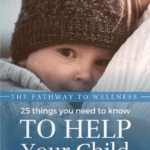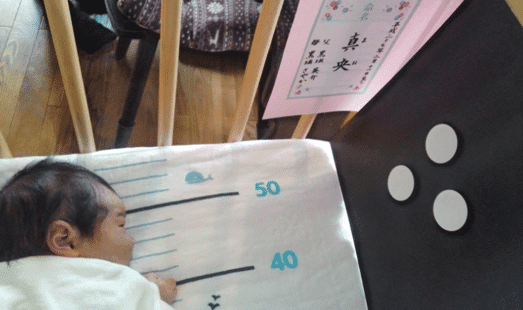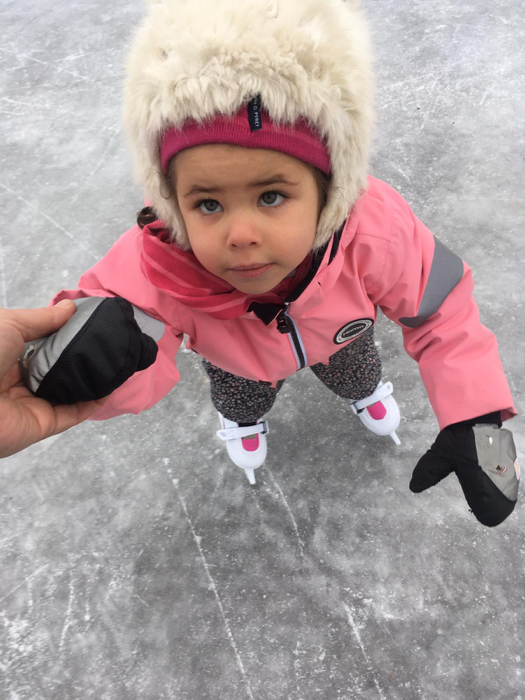Premature Babies: Are They Destined To Have Problems or Can We Make a Difference with Stimulation and Opportunity?
One father writes about the challenges that he and his wife faced when their son was born 14 weeks before his due date. Many additional steps have to be taken when a child is born premature so as to stimulate the child and help them overcome learning problems.
About 18 weeks ago our world, as we knew it, got turned upside down. Our second son, Koa, was born at 26 weeks gestation, weighing 1030 grams.
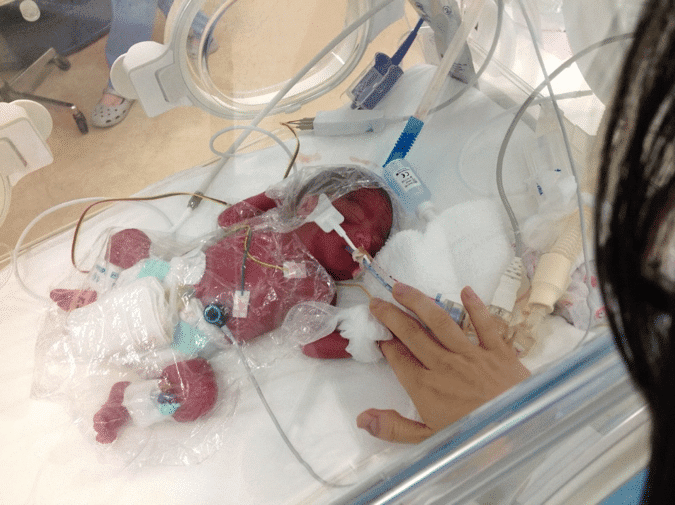
Koa on the first day of life
Four weeks prior to his birth, my wife was admitted to hospital with what seemed to be labor pains, slight bleeding and amniotic fluid. Our unborn son at that stage, was a couple of days before 22 weeks’ gestation.
We were faced with having to make decisions that no one should have to be asked to make. It was terrifying, sickening… words cannot describe the emotions and the fear we were experiencing.
We had a million questions and concerns flying around in our heads.
I felt absolutely helpless. My wife was in extreme pain, hooked up to a few IV’s, monitors and a catheter. She was confined to bed and not permitted to move. Our child’s life was at risk. Possibly my wife’s life too and I could not do anything.
We were told that there was an extremely high possibility that he would be born in the next week or two weeks at the latest. We had a million questions and concerns flying around in our heads. We could not process anything we were told as it was all too overwhelming.
We were informed that if we could make it to week 24, there was a higher chance of survival. The 24th week became our focus – one day at a time – that became our motto. It was an extremely long two weeks however finally we felt a bit of positivity.
My wife would talk to our unborn child all through the day. She would communicate with him, play the tapping game with him. He was strong and responding well to her. Then, we were asked the question, what we wanted to do if he was born before 24 weeks – and down we went again.
There were no answers. There were no right or wrong answers. There were no explanations – we couldn’t think – we couldn’t process anything – it was all TOO hard.
At the end of the day, this is a life we have been asked to make a decision on.
Why is this happening to us? What did we do wrong? What’s our life going to be like? The quality of life for our first born, how will this affect him? The quality of life for our baby? Our life too?
At the end of the day, this is a life we have been asked to make a decision on.
No matter when he was born, or in what condition he was born, he needed to be saved.
It is a life, a life that was given to us for whatever reason. He chose us. And we have so much love towards him even though we hadn’t even met him yet. After all the thinking, all the going round and round in circles in our heads (that got us absolutely nowhere by the way) the decision was actually quite simple: We decided that we needed to take the constant “thinking” out of the equation as it was driving us insane.
No matter when he was born, or in what condition he was born, he needed to be saved. The doctors needed to do everything they could to save him. If there were learning problems, we knew we could get through them.
He was strong, my wife felt it. He had a strong response to her. HE WAS TOUGH! We believed that with every cell in our bodies. This is where our mindset shifted.
We were thankful that we had the knowledge and we could start immediately with our new baby.
Besides, we were “Doman Savvy”. We had both done the “How to Multiply Your Baby’s Intelligence” course prior to our first son being born and we were thankful that we had the knowledge and we could start immediately with our new baby. One day at a time, we grew more confident in ourselves and the well-being of our baby. Whatever we were faced with, it would all be ok – it would be more than ok, it would be fantastic. We had done it all before, “The Doman Method” with our first born. Our first born wasn’t premature but the program of stimulation and opportunity would be the same – we knew any learning problems could be handled the same way for Koa.
One day at a time – what’s the use in overthinking what “might” happen? Let me save you some time. Nothing, absolutely nothing. Just focus on the now. So we put a plan in place.
We knew Koa was listening. He was responding to our voices.
From Day One, Koa was in an incubator (his little “castle” as the nurses called it). There were tubes, monitors, oxygen mask, and wires everywhere. But every chance we got, we would put our hand on him, talk to him, sing to him, read to him, tell him about our day, tell him about how fantastically he was doing and what he needed to do next. We would stimulate his auditory pathway as much as possible as they had covered his eyes with an eye mask the majority of this time.
The hospital and it’s wonderful staff were more than accommodating in allowing us to see him whenever possible. They actually encouraged us to be there as much as we could.
We knew Koa was listening. He was responding to our voices. He knew we were coming to visit him before we even got there. The nurses told us this on many occasions. He could sense us.
Then this happened – another miracle.
Kangaroo Care
Gestation Week 32 – 6 weeks old: The day we had been waiting for – Kangaroo Care. When you get to do this, your heart is going to melt. Bring a big box of tissues no matter how tough a person you think you are.
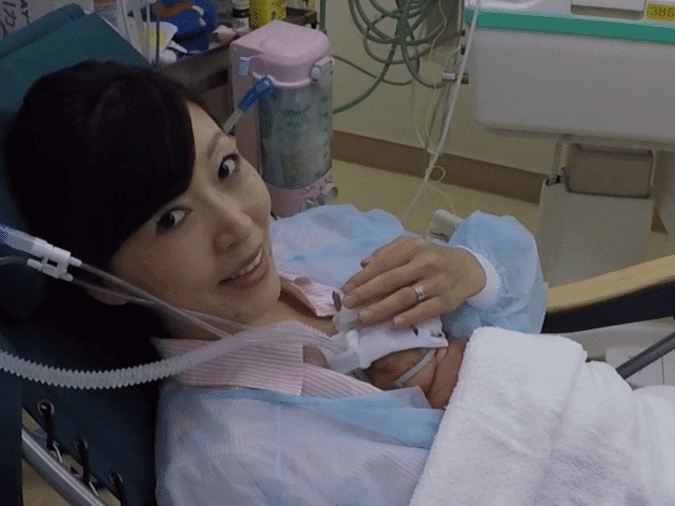
Kangaroo care with mom was important for Koa’s brain growth and development
Our first hug, our first hold, feeling his warmth, our baby feeling the warmth of our bodies, our baby feeling us breathing, our baby hearing and feeling our hearts beating -he can feel all this. He can feel our love. He is learning from this. His sense of touch is getting stimulated.
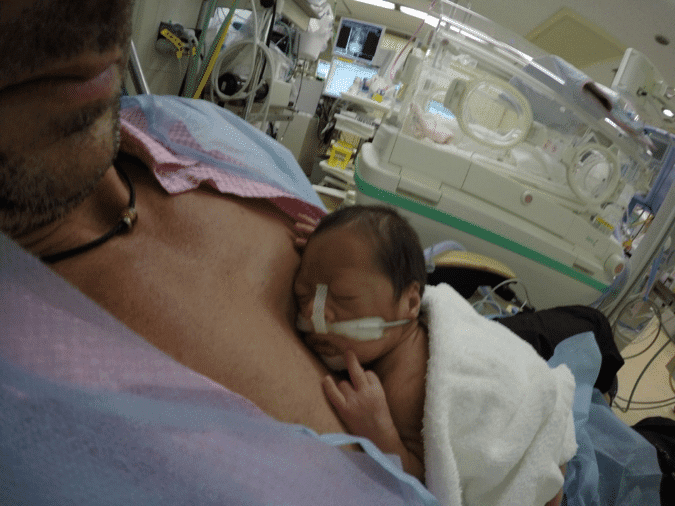
Dad and Koa share a special moment during Kangaroo Care
To quote a message in an e-mail from a very special friend in regards to Kangaroo Care, “This can influence the baby to breathe in a proper rhythm. This, of course, is essential for good brain growth and development.”
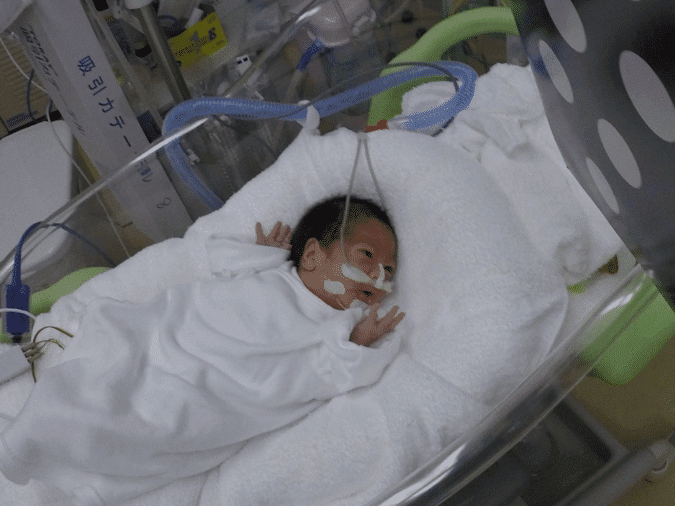 <
<
Koa was 6 weeks old, but parents knew that early stimulation was essential – he enjoys learning math and quantities
Gestation Week 34 – 8 weeks old: We went to the NICU as usual, however, our baby was no longer in the incubator. He was sleeping in a normal hospital baby bed. When we saw him, he wasn’t just out of the incubator, he had the oxygen mask off as well and it was the first time we really got to see his face. There was only a little nostril tube assisting with oxygen in-take.
He would move his eyes to follow and find objects.
Yet another miracle.
This is when we were able to stimulate his eye sight properly. We would show him bits and talk about them. He would move his eyes to follow and find objects. His sight was developing very well. The NICU usually does eye tests every week. After the first eye test, everything was extremely good so the doctors said he didn’t need tests done weekly and instead they were carried out every two weeks.
Gestation Week 36 – 10 weeks old: During our daily visit to the NICU, we went through the routine of putting on the gown, scrubbing our hands clean, and then we went to the place our baby should be. However, our baby was not there. Yes, you could imagine the thoughts running through our head until one of the nurses said, “He is out of the NICU and next door in the GCU. We moved him today around 14:00”.
And yes, another miracle. My wife also got to bathe him.
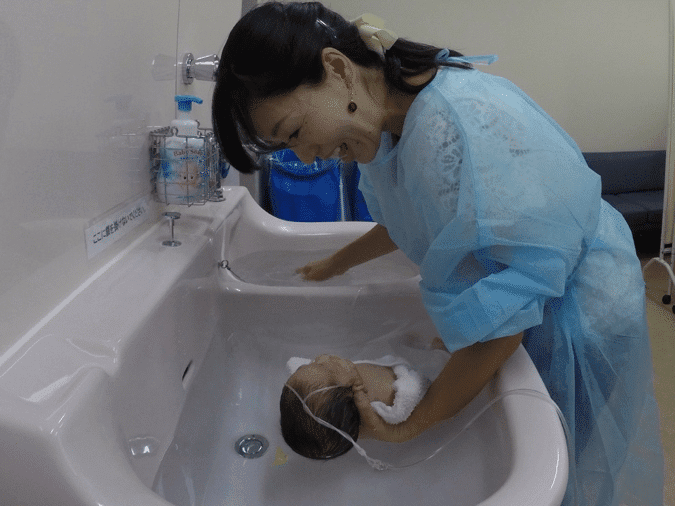
Koa’s first bath at 10 weeks of age.
Gestation Week 37 – 11 weeks old: He was doing really well on the bottle so the nurses said to start breastfeeding him this provided another chance for physical contact and visual and auditory stimulation.
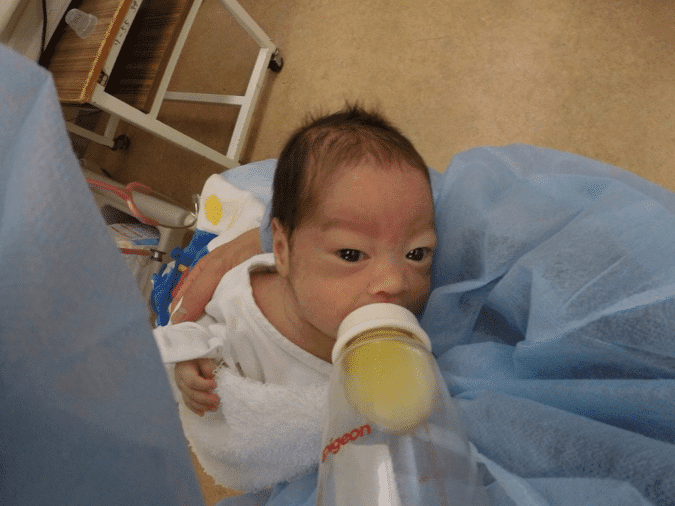
Gestation Week 39 – 13 weeks old: His sleep apnea has been an issue from day 1. He would stop breathing up to 20 times a day or more. It was up and down for a longtime, however, this was the first time that he had gone 12 hours without stopping breathing once.
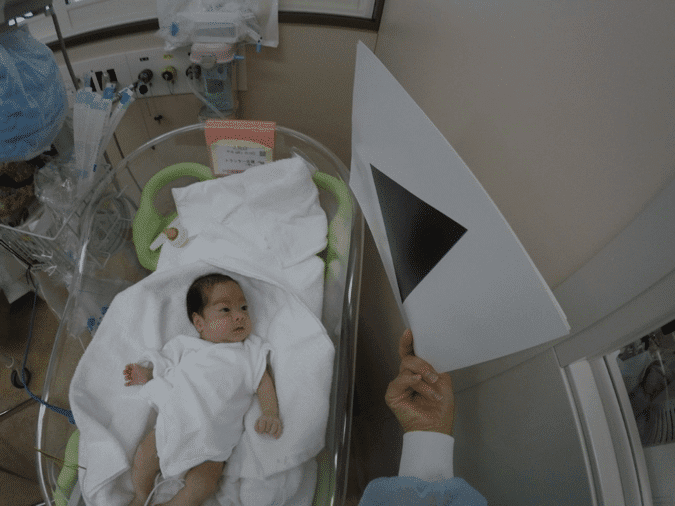
At 13 weeks of age, parents show Koa black and white outline Bits, from what they learned in the book “How Smart is Your Baby?” – this early visual stimulation is essential.
All the way through this, we were given the worst possible outcomes.
Gestation Week 40 – 14 weeks old: His sleep apnea has dropped to only once or twice a day and usually between 7 pm and 6 am. There was a bit of a pattern forming and we knew Koa was getting close to overcoming this too. Before they discharge a baby from the hospital, they carry out a MRI to check everything. This was scheduled which basically means the doctors and nurses think he is getting strong and stable enough to come home soon. Yesterday Koa only stopped breathing once and it was only briefly. Now it’s only a matter of time.
One day at a time.
All the way through this, we were given the worst possible outcomes – difficulties we would more than likely face, problems he would more than likely have. There were hurdles that we would have to be jumped over until the next issue came up. It was never ending, it was relentless and we couldn’t see the light but you know what – one day at a time.
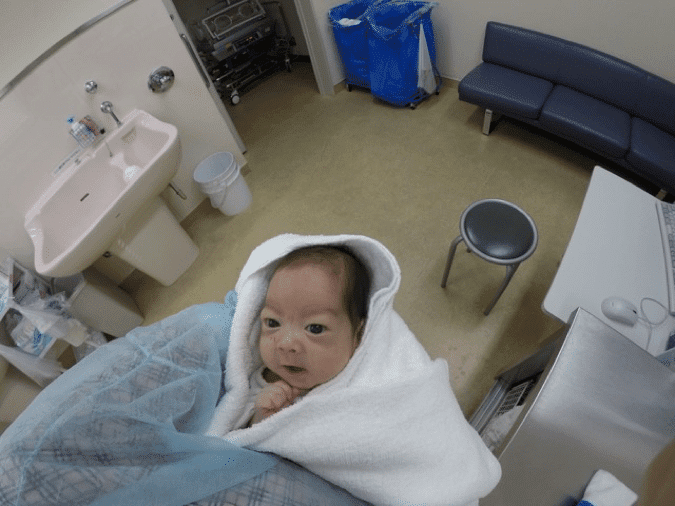
In 14 weeks, Koa has come a long, long way – thanks to his medical care and his dedicated parents, who will stop at nothing to help him
Prepare yourself to do whatever you need to do to provide the best chance for your child
I haven’t mentioned all the challenges we faced because, if you have been through this, or if you are going through this, you know exactly what I’m talking about. The thing is, you can’t change that.
You can prepare yourself and educate yourself to do whatever you need to do as a parent to provide the best chance for your child. It is vital to stimulate all the sensory pathways in every way that it is possible to do so in order to knock any sensory problems out of the park.
We have been blessed.
If it wasn’t for knowing about The Institutes for the Achievement of Human Potential, if it wasn’t for having the opportunity to attend their course five years ago,if it wasn’t for the support we had from the positive people all around us, people mind you, that didn’t have to, but did go out of their way to get extra information to us because they genuinely cared about us, I don’t think we would be where we are today.
We knew the bits program would stimulate Koa’s vision. My wife still takes bits to the hospital and shows them to him daily. We know the physical program will help to develop his lungs and body. When he comes home, he will be given every opportunity to move as much as possible. It works, it is working with our 3-year-old and it will work with him too. It’s all there. The best possible chance for our children.
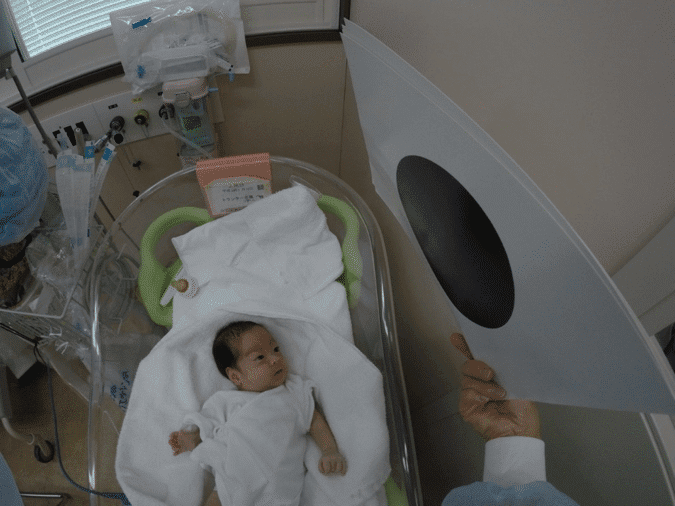
Dad says, “Koa loves the shapes!”
There is hope, stay positive, find the positive in everything. It’s there, you just have to be receptive to it. Be strong, especially for your wife because this is all you can do but it’s HUGE. Earlier I said I felt helpless, I did, but staying positive and supporting her is beyond enormous and she still thanks me daily for that support.
Trust your wife, no one knows the baby better than she does.
Stay positive in front of her. Use The Institutes website (iahp.org) to research and educate yourself. I’ve done their course and I’ve read the books. Anyone can do it. They are so easy to follow. I even bought the latest book and started reading it and preparing for when Koa comes home.
While my wife was in the hospital, I would tell her what I learned and teach her what I was going to do. My goal was keep her positive and communicating with the baby. My advice: trust your wife, trust her instincts. No one knows the baby better than she does.
When the baby is born, stimulate the baby in every way possible. Don’t research the internet too much and don’t get caught up in it. I did, and it did no real good. There is a bad story for every good story. The Institutes website gave me much more hope with their success stories and motivated me with ideas on what to do and stories to tell my wife while she was in the hospital.
Miracles happen
My wife is an ABSOLUTE CHAMPION. She held on for four weeks after being told she probably won’t last two weeks – four weeks of indescribable pain, four weeks of not seeing our 3-year-old son. Children were not permitted in her room and she was confined to bed so she could not go to the visiting area to see him. This almost destroyed her peace of mind, not to mention taking a physical beating 24 hours a day for four weeks.
My job was to be there for them, to be their “rock” and more – much, much, MORE. That very special friend I mentioned earlier, informed me in an e-mail about something his Grandmother says to him “This too shall pass.”
It will, it does.
Miracles happen. We have witnessed them. We are witnessing them everyday. We have one, waiting to come home very, very soon.
Just remember – one day at a time –
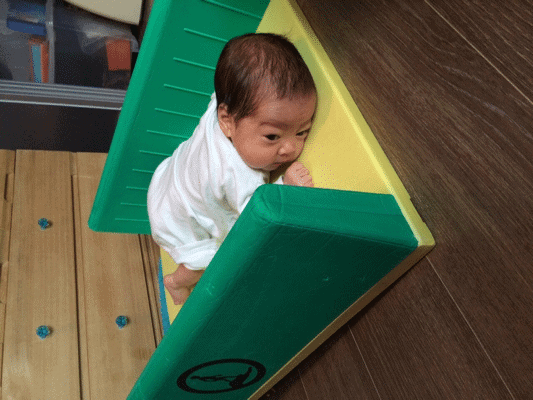
Learn More About the What To Do About Your Brain-Injured Child course
For more information, or to enroll, Contact Ashley
Phone: 215-836-4868
Email: wtd_registrar@iahp.org
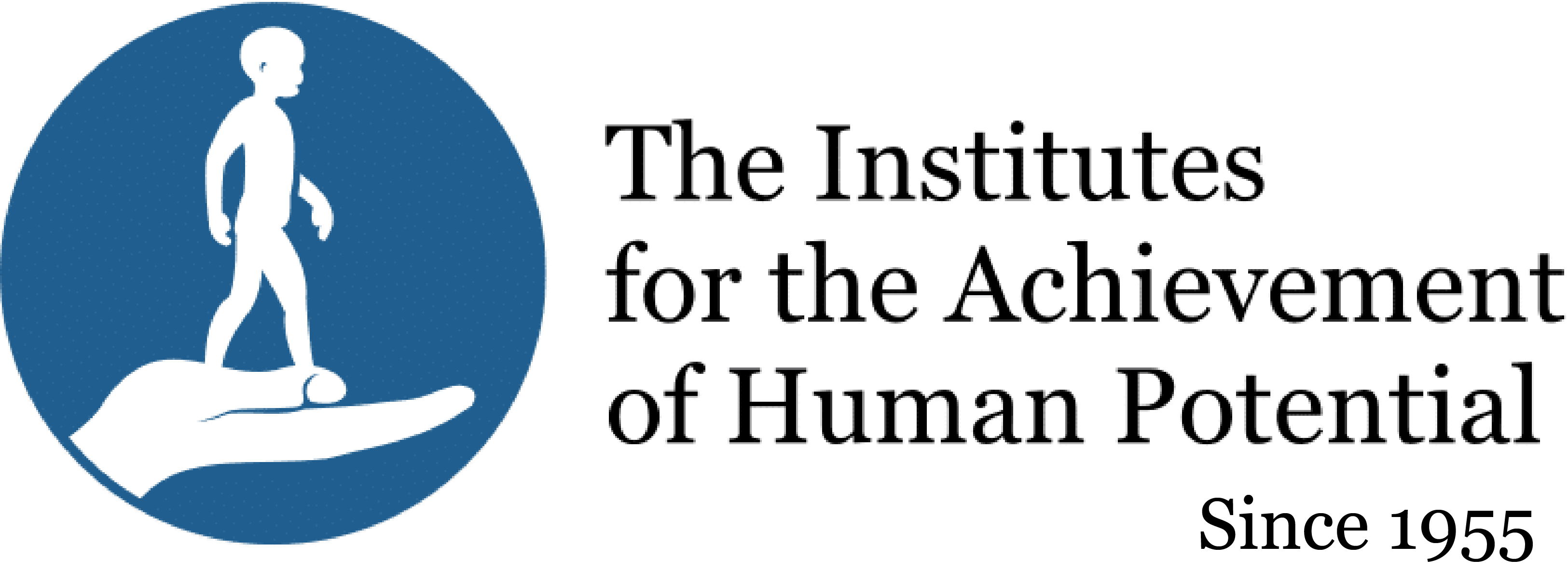
 Donate
Donate


